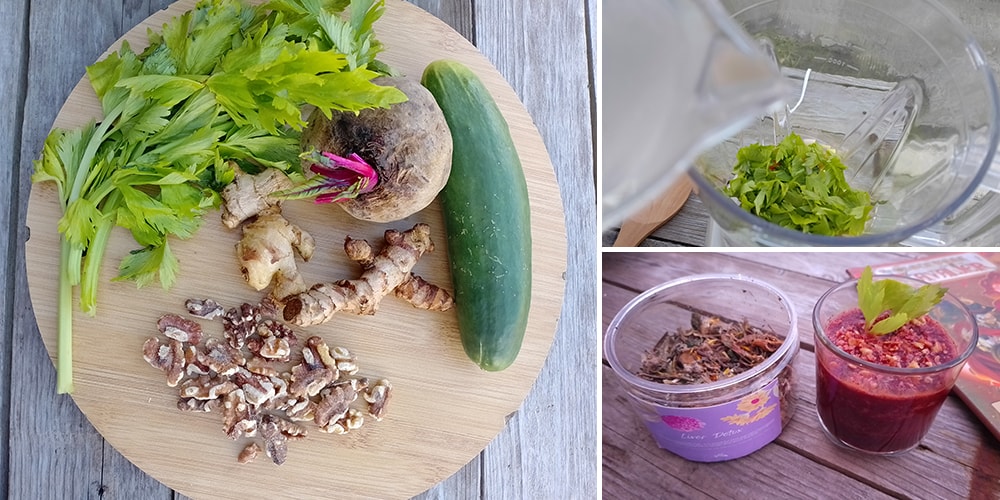
Herbal Glossary: Remedies for Your Liver
As an organ in charge of breaking down food, filtering toxins, and destroying pathogens, the liver is ingrained with a critical task. An interruption in its normal functioning is bad news for the body.
The liver can suffer different problems such as hepatitis, fatty liver disease, cirrhosis or cancer. Sadly, many of the liver diseases rarely show obvious symptoms during the early stages.
The good news is that many of the liver diseases are highly preventable through a commitment to a healthy lifestyle.
Causes of Liver Diseases
Many factors contribute to the risks of liver problems. Alcohol abuse is one of the commonly linked reasons, especially in liver cirrhosis.
Infection, which is likely caused by parasites and viruses, can lead to hepatitis. Genetics and abnormality in the immune system also increase the risk of liver damage.
Abnormal growth of tissues in the liver may also give rise to cancer and adenoma.
People who do not even consume alcohol may still be at risk for diseases when fat deposits accumulate in the liver. Medications – prescribed, over-the-counter or herbal – may also induce liver toxicity.
Herbal Remedies for the Liver
If you assume that herbal medications are safer for the liver than pharmaceuticals, you are wrong. Not all herbs are safe and some of them may cause bigger damage because of their chemical compositions. The plant part used, the method of preparation and the amount of intake may unknowingly damage the liver and the repercussions can be dangerous.
Plants that contain pyrrolizidine alkaloids (PA) are particularly toxic for both humans and animals. It causes PA poisoning that targets the liver as it acts to filter the compounds.
Below is the list of plants that are considered liver-supportive. These were used in Ayurvedic and Traditional Chinese Medicine (TCM) ages ago. But remember, when taken more than the amount necessary, even liver-friendly herbs can stress and contribute to liver problems.
 Milk Thistle
Milk Thistle
Milk thistle (Silybum marianum) is paramount in the herbal repertory for liver and bile diseases. It contains silymarin, a flavonoid that protects the liver, detoxifies it and promotes cell growth. It also has silibinin, an antioxidant that prevents the growth of cancer cells.
⇒ What I Wish I Knew Before Taking Milk Thistle (Video)
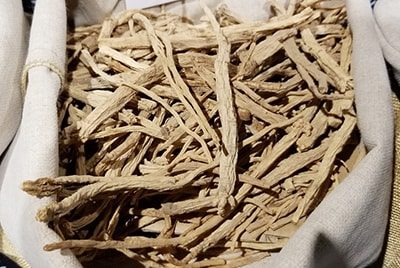
Astragalus
Astragalus (Astragalus membranaceus) is often used as a complementary cancer therapy treatment. It is a powerful adaptogen, blood tonic, liver tonic and detoxicant that protects and stimulates hepatic functions.
 Beetroot
Beetroot
Beetroot (Beta vulgaris) is a natural blood tonic or purifier that purges toxins and heavy metals from the system. It is a good remedy for various liver issues and aids in the repair of its damages.
 Burdock
Burdock
Burdock root (Arctium lappa) improves the condition of a sluggish liver and reduces swelling inside and around the area. Burdock is often paired with dandelion for a potent liver detox drink.
 Carrot
Carrot
The beta carotene, carotenoid and flavonoids present in carrots enhance the liver function and prevent toxicity and damage. Carrot (Daucus carota) also stimulates the production of bile for proper digestion and the breaking down of fatty acids.
 Celery
Celery
Celery (Apium graveolens) is hepatoprotective which prevents the buildup of substances that may harm the liver. It helps the liver increase its production of enzymes that flush out fat deposits, toxins and metals from the system.
 Chicory
Chicory
Chicory (Cichorium Intybus) has an effective liver tonic action that boosts liver functions. It is best used for non-alcoholic fatty liver and in combatting infections. An extract of its root prevents the accumulation of free radicals to prevent toxicity and cancer.
The root is rich in chicoric acid (CA), a plant compound with potent anti-inflammatory and analgesic properties but no risk of addiction.
I actually grow my own Chicory, which I bought from this source.
 Cucumber
Cucumber
Cucumber (Cucumis sativus) is a healthy snack that not only hydrates the body but also does well in supporting liver health. Drinking cucumber water cools down the liver, detoxifies it and manages any inflammation.
Dandelion
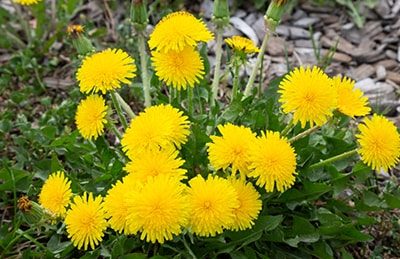 Dandelion (Taraxacum officinale) is one of the most effective folk remedies against hepatitis, jaundice and liver-related diseases. Tea from its roots and aerial parts improves the functions of the liver and bile, and treats any anomalies.
Dandelion (Taraxacum officinale) is one of the most effective folk remedies against hepatitis, jaundice and liver-related diseases. Tea from its roots and aerial parts improves the functions of the liver and bile, and treats any anomalies.
 Ginger
Ginger
Ginger (Zingiber officinale) is hepatoprotective, meaning it protects the liver from pathogens, toxins and abnormal cell growth. It contains shogaols and gingerol that prevent and reduce inflammation.
 Grapes
Grapes
Dark colored grapes are packed with antioxidants that support the major body organs including the heart and liver. They boost the functions of these organs and scavenge free radicals to flush away and reduce inflammations.
 Green Apple
Green Apple
Apple, especially the green variety, is an excellent liver detoxifier. It has pectin that cleanses the liver, prevents fatty deposits and aids in handling toxic materials. It also has malic acid that may prevent gallstones that contribute to liver problems.
 Green Tea
Green Tea
Preliminary research conducted on green tea consumption explores its potential to reduce the risk of liver diseases. Green tea contains catechin that protects the liver and prevents hepatitis, cirrhosis, cancer, fatty liver and other chronic diseases.
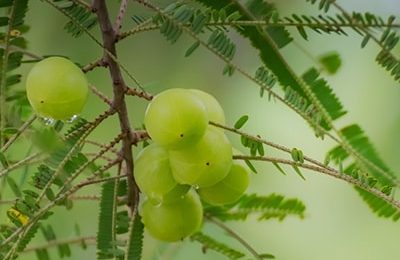
Indian Gooseberry
Amla, or Indian Gooseberry (Emblica officinalis), improves metabolic activity and stimulates the functionality of the liver. Amla may help reduce hyperlipidemia (too much liver fat) and protect against chemical-induced liver cancer.
 Lemon
Lemon
Citrus fruits like lemon balances the pH level in the body for the benefit of the liver and its functions. Lemon water flushes out toxins and unwanted substances from the liver and boosts the immune defenses.
 Licorice
Licorice
Licorice (Glycyrrhiza glabra) is also an important herb for liver health in TCM. It cleanses and detoxifies the liver, prevents drug-induced liver injury and reduces the risk for liver damage. However, patients with existing cirrhosis should avoid taking licorice. The root of this plant, which is used as medicine, can worsen the damage and interfere with medications.
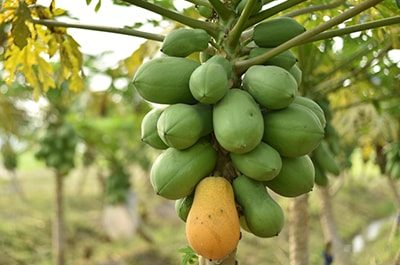 Papaya
Papaya
The juice from papaya fruit may help improve the condition of non-alcoholic fatty liver. It inhibits inflammation of the liver tissues and detoxifies it from unhealthy substances. It is also a good source of antioxidants that decreases oxidative stress and prevents liver cancer.
 Parsley
Parsley
Parsley (Petroselinum crispum) can regulate immune function and improve liver health. It lowers the blood glucose which can irritate the liver and lower its inflammation. Parsley also eliminates heavy metals and substances that can strain the liver.
 Radish
Radish
Radish (Raphanus sativus) is a powerful detoxifier that helps the liver in handling toxins. It is an effective plant against hepatic diseases and jaundice. Both the tuber and plant leaves carry antioxidant properties that reduce liver cancer risks.
 Turmeric
Turmeric
Turmeric (Curcuma longa) is a powerhouse spice in reversing many health problems. When taken in a reasonable amount and period, and with a pinch of black pepper, it can provide the liver with the best support in detoxification and promoting bile production.
 Walnut
Walnut
Walnut (Juglans regia) is high in omega-3 fatty acids that exhibit a strong anti-inflammatory property. Walnut is also a source of glutathione that improves the condition of both alcoholic and non-alcoholic fatty liver disease.
Liver Cleanse Smoothie Recipe
Here is a refreshing smoothie you can take to cleanse your liver from toxins and impurities and boost its functions.
Ingredients:
- ½ cup beetroot, peeled and chopped
- ½ cup cucumber, chopped
- ½ -inch ginger root, peeled and sliced
- ½-inch turmeric root
- a pinch of black pepper
- ½ cup celery, chopped
- 2 pcs of walnut, chopped
- Water
Steps:
- Put the beetroot, cucumber, ginger root, turmeric root, celery and black pepper in a blender.

- Add water to the desired consistency and blend until well mixed.

- Transfer the smoothie to a glass and top it with the chopped walnuts.

How To Use
Drink the smoothie preferably on an empty stomach in the morning. You can also take this drink after a copious meal to aid in digestion and bile production.
Alternatively, you can strain the mixture in a wire mesh to extract just the juice for a smoother texture.
This recipe is versatile so you can add or remove liver-supportive ingredients that you like and are available at the time.

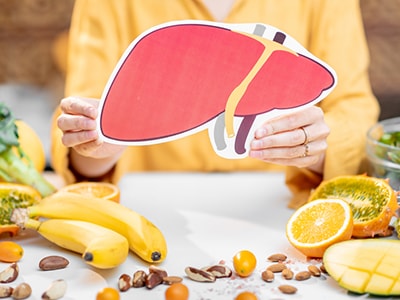
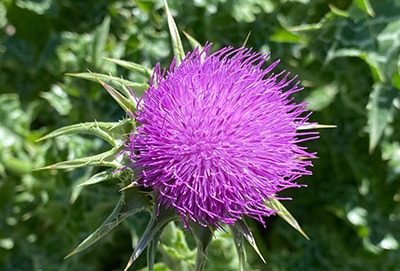 Milk Thistle
Milk Thistle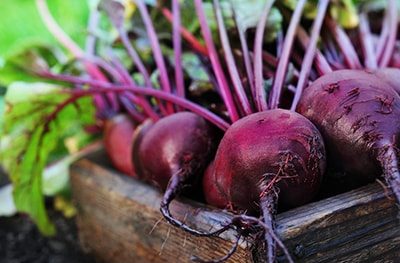 Beetroot
Beetroot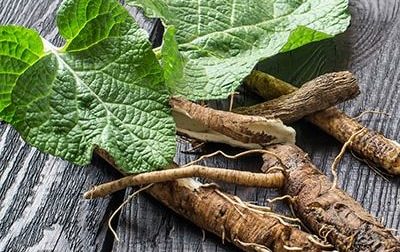 Burdock
Burdock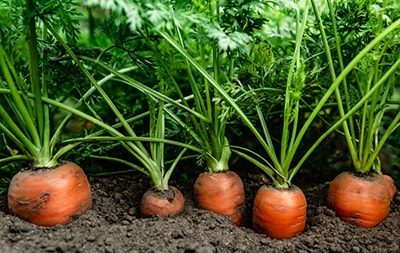 Carrot
Carrot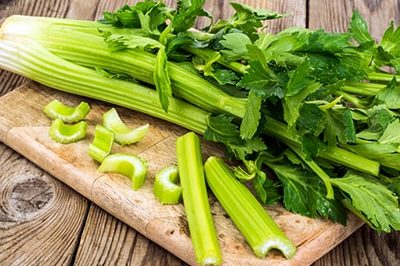 Celery
Celery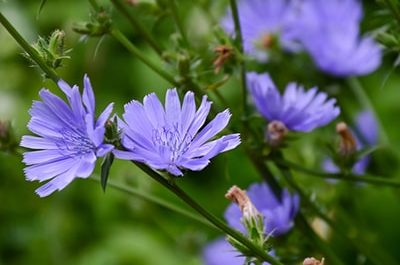 Chicory
Chicory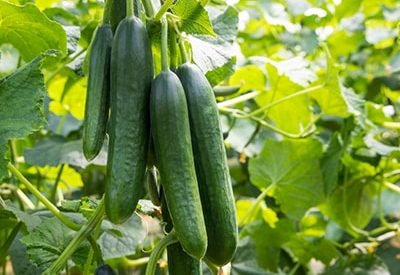 Cucumber
Cucumber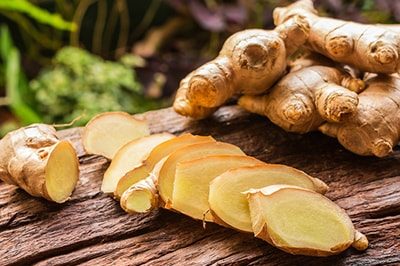 Ginger
Ginger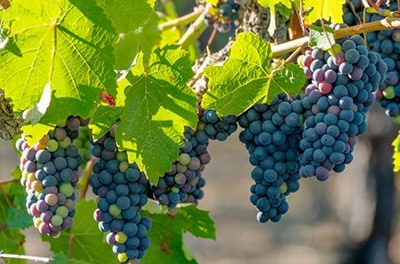 Grapes
Grapes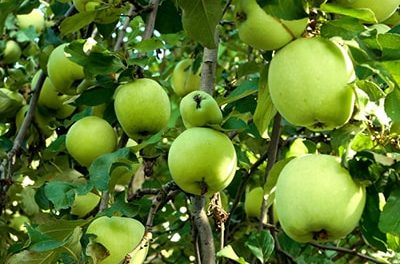 Green Apple
Green Apple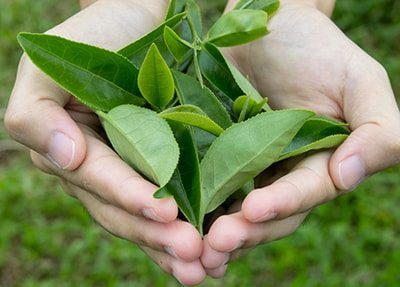 Green Tea
Green Tea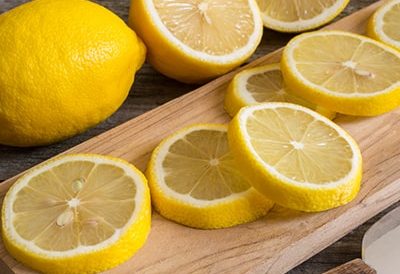 Lemon
Lemon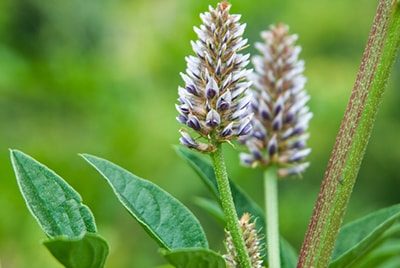 Licorice
Licorice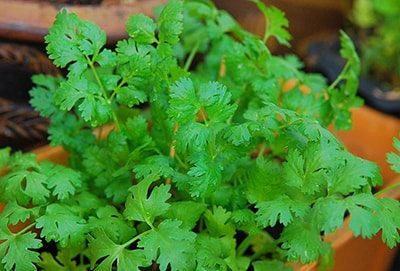 Parsley
Parsley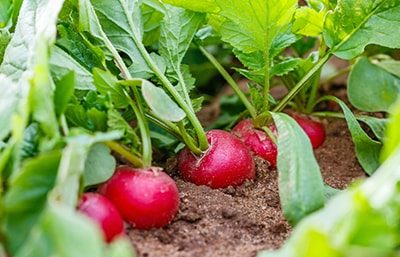 Radish
Radish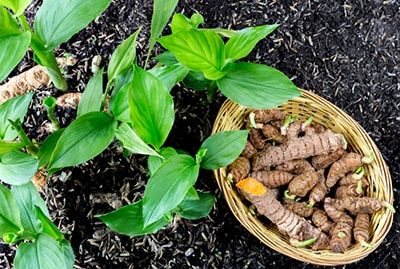 Turmeric
Turmeric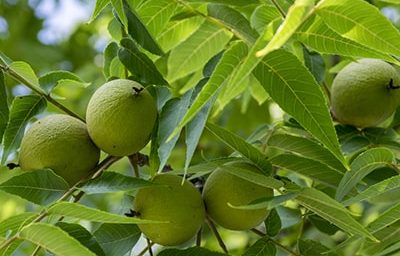 Walnut
Walnut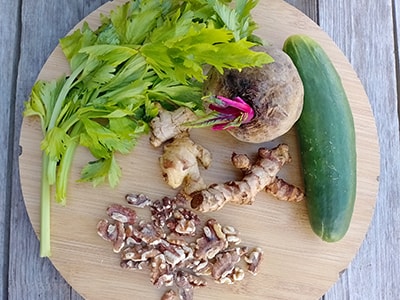
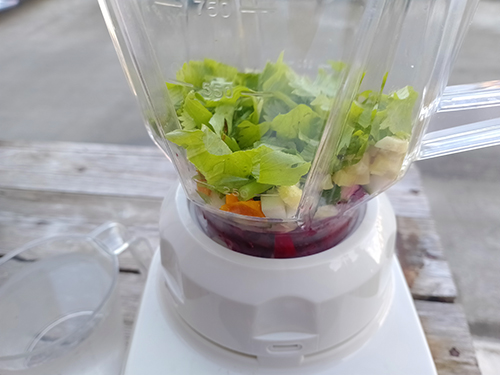
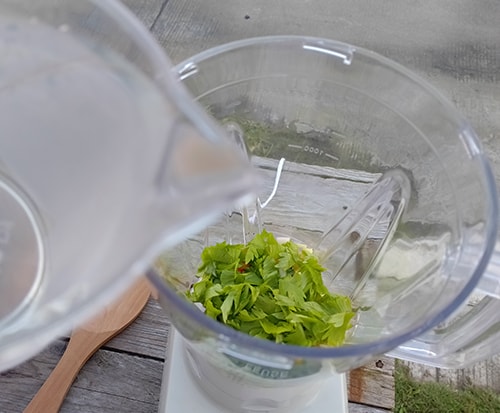
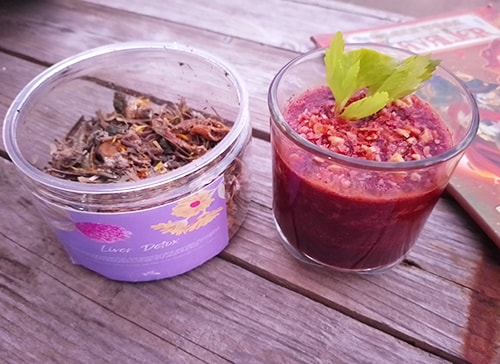
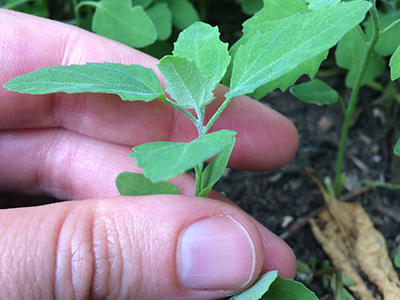
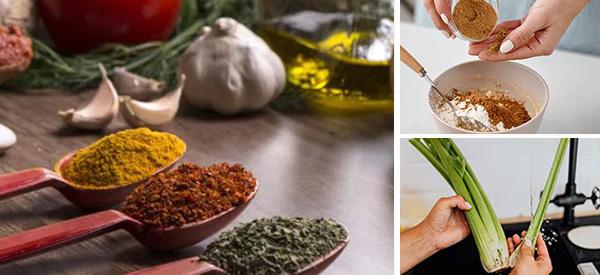
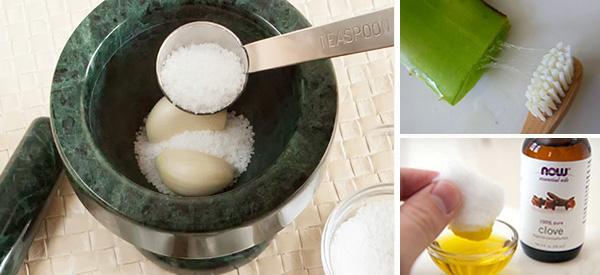
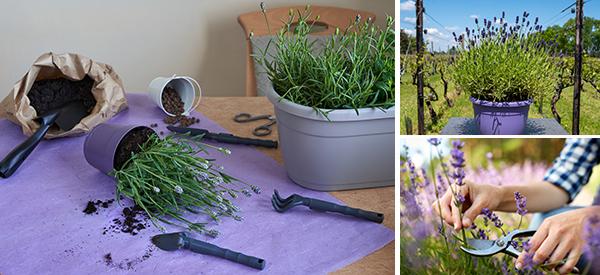
Thank you for reaching out and for the recipe. One of my favorite remedies to make. at home
Regards : Tua Hoover
Thank you Nicole.
Thank you for the information and recipe. I have been needing this to help me resolve some liver issues and get healthier.
As a newbie, can you clarify what you mean by “beetroot”? Are these just regular old beets?